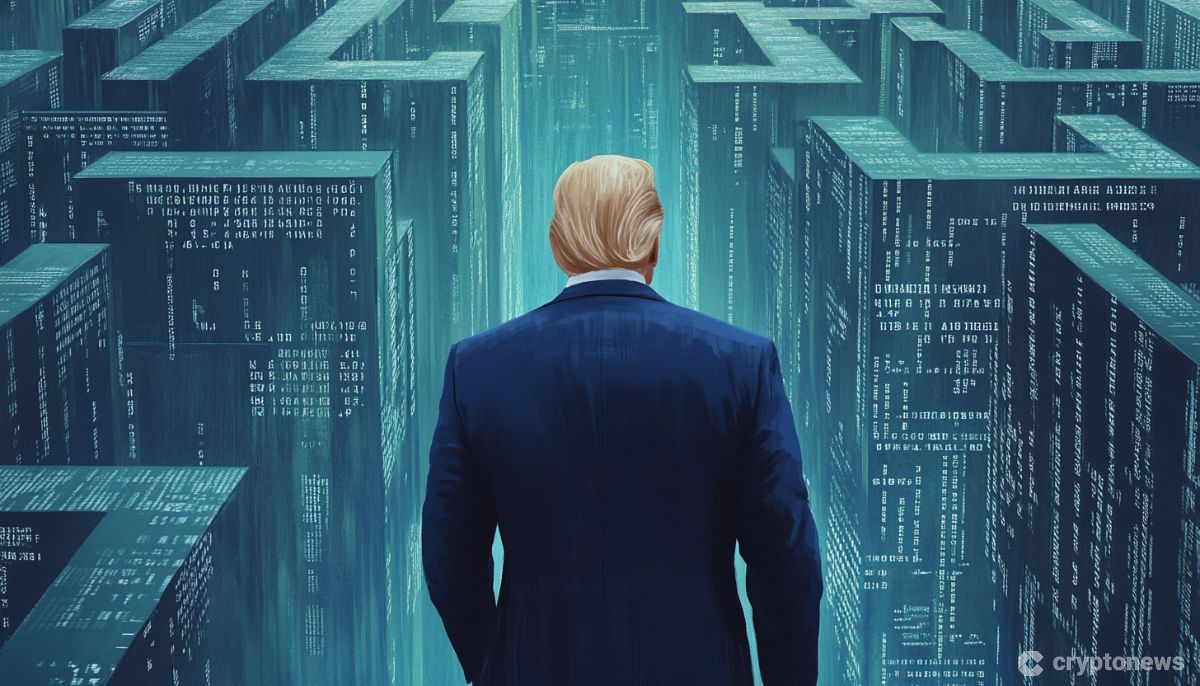Donald Trump, the Republican presidential nominee, announced the launch of his crypto project, World Liberty Financial (WLF), with the sale of its tokens starting on Tuesday. The project aims to provide decentralized lending services using blockchain technology, offering an alternative to traditional banks. Trump’s goal is to create a more inclusive and less manipulated financial system, contrasting it with what he calls the “rigged” financial system. The WLF project will host a Twitter Spaces discussion with the team and advisors to provide more information about the public sale.
The WLF team has emphasized that the token will comply with SEC regulations, distinguishing it from many cryptocurrencies that often operate outside traditional regulatory oversight. The whitelist for the WLFI governance token sale is open to accredited US investors and non-US individuals, as announced by Trump earlier this month. However, the project has faced scrutiny due to Trump’s previous criticism of cryptocurrencies, including referring to Bitcoin as a “scam.” This raises questions about his involvement in the project and whether it is a strategic move to attract his supporters’ interest in financial innovations.
The involvement of Trump’s relatives and close associates, many lacking significant business experience, has also fueled skepticism about the project’s legitimacy and leadership. Critics have raised concerns about potential conflicts of interest if Trump influences regulatory decisions in favor of his business. Some view this venture as a way for Trump to appeal to the growing financial power of the crypto community or position himself as a leader in financial technology. However, there are fears that it could be perceived as using his political position for personal gain.
The WLF project poses a political innovation or self-serving strategy dilemma for Trump. While it may appeal to voters who favor innovation or challenge the establishment, it could also reinforce perceptions that Trump is leveraging his political position for personal profit. If the project encounters difficulties or controversies after its launch, it could have a negative impact on his campaign, linking his political image to any failures or issues surrounding the venture. The project could further divide opinions among voters, with some supporting Trump’s foray into the crypto space and others questioning his motives.
Overall, Trump’s entry into the cryptocurrency sector with the WLF project has sparked a mix of interest, skepticism, and controversy. The project’s emphasis on decentralizing finance and compliance with regulations aims to offer a unique approach to traditional banking systems. However, questions surrounding Trump’s past stance on crypto and the involvement of his close associates raise doubts about the project’s credibility. Whether the WLF project will succeed in reshaping the financial landscape or face challenges remains to be seen, but its launch has certainly stirred debate within the crypto and political communities.































